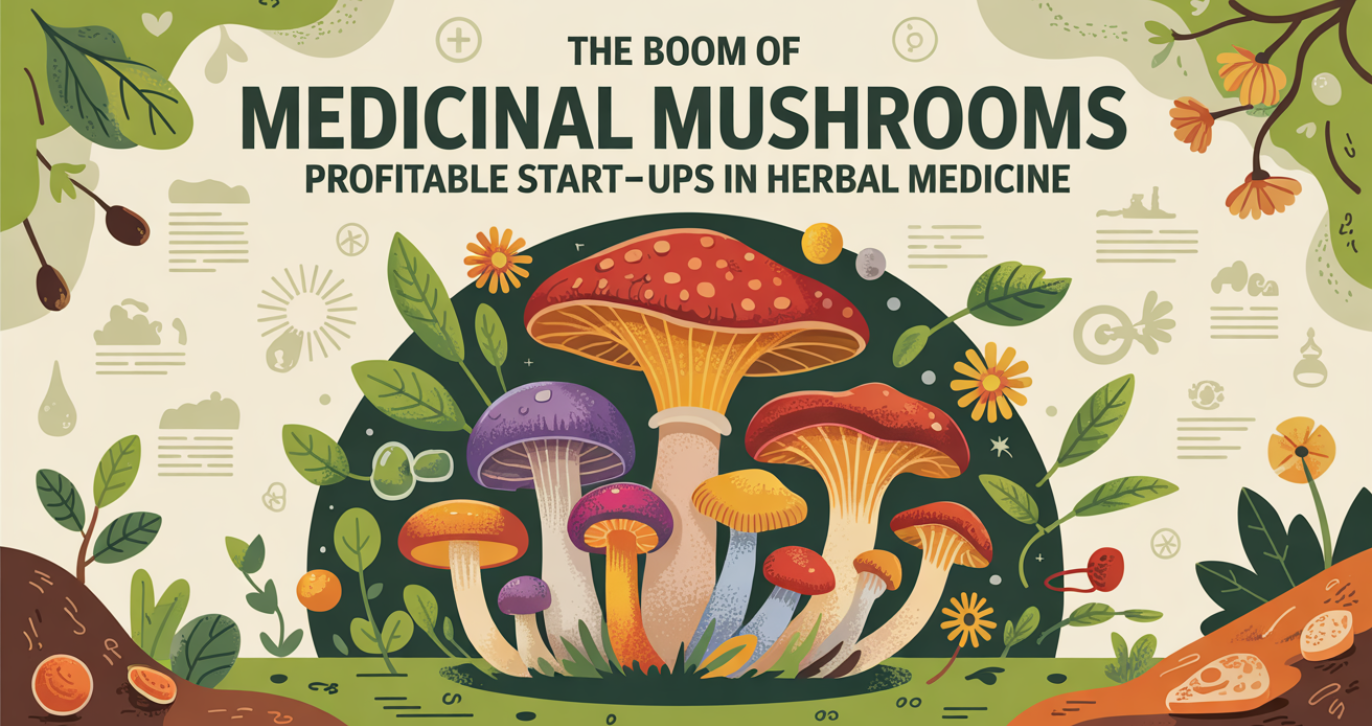The wood-based product manufacturing sector offers diverse entrepreneurial opportunities, from furniture to biodegradable packaging. With growing awareness of environmental sustainability, there is significant potential for innovative, clean technologies. This blog explores ways to succeed in this industry and the challenges entrepreneurs may face.
Market Potential and Demand in Wood-Based Product Manufacturing
The global scenario concerning wood-based products will keep growing as consumers are increasingly opting for environmental sustainability. The drivers for the demand are as follows:
- Sustainability Issues: Consumers’ preference for eco-friendliness has continued to lean towards wood as an attractive replacement for plastic and synthetic materials.
- Construction and Interior Design Trends: With wooden interiors, furniture, and decor being more in style these days, consumers show strong demand for high-quality wooden products.
- Customization and Handcrafted Appeal: Some consumers demand personalized or handcrafted wooden items, and this has the potential for niche marketing opportunities.
- Biodegradable and Renewable: Market popularity for wooden packaging and utensils-a trend replacing single-use plastics with sustainable alternatives.
- Government Support: Many governments are encouraging sustainable materials through incentives and pro-wood policies.
Related project: Small Business Ideas & Project Opportunities
Big Entrepreneurial Opportunities in Wood-Based Product Manufacturing
An entrepreneur has many directions to explore in the wood-based product manufacturing industry. Here are some promising kinds of opportunities:
1. Wooden Furniture Manufacturing
Furniture remains a significant sector in the wood industry. One can consider the following avenues for furniture manufacturing regarding:
- Modern and contemporary furniture designs for the metropolitan market.
- Traditionally hand-crafted furniture for ethnic and cultural preferences.
- Custom furniture designed as per customer specifications.
- Space-saving furniture for small houses and offices.
- Eco-friendly reclaimed wood furniture.
2. Hand-crafted Wooden Products
Handmade products can attractively appeal to many. Examples of possible businesses include
- Interior decoration: use wall hangings, wall clocks and sculptures made of wood.
- Kitchenware-includes bowls, plates and cutlery made of wood.
- Customized items, like a wooden plaque with engraving or keychains or jewellery boxes.
- Wooden toys are sustainable substitutes for plastic toys.
3. Timber-Based Packaging Solutions
With the number of prohibitions on the use of plastics, wood-based packaging solutions are becoming increasingly popular. The following products can be manufactured using wood for their production:
- Wooden crates and boxes for shipping and storage,
- Biodegradable wooden cutlery and straws.
- Wooden gift packaging and premium presentation boxes.
4. Wood for Construction and Interiors
Wood has always been the choicest construction material for all ages. Some projects that entrepreneurs can consider:
- Wooden flooring and wall paneling solutions.
- Ready-made wooden houses and cabins.
- Wooden doors, windows, and frames.
- Acoustic wood panels for soundproofing solutions.
Read our blogs: MSME –Modern India’s Development Engine
Strategies for Success
These are the sure-shot strategies that a person should apply to have an excellent manufacturing outcome in wood-based products:
1. Innovation and Product Differentiation
- Come up with designs that are different, which will then feature new characteristics attached to the products.
- Customized solutions are offered to customers who seek tailoring of their needs.
- Precision and superiority will be obtained through advanced tools such as CNC machines.
2. Sustainable Sourcing and Certification
- Get certified and sustainably harvested wood from forests.
- Get certifications like the Forest Stewardship Council (FSC) to enhance credibility.
- Use reclaimed wood and recycled material to reduce adverse environmental impact.
3. Efficient Marketing and Branding
Cultivate a vibrant online presence in social media, through websites, and e-commerce.
Storytelling through direct narratives highlighting sustainable product craftsmanship.
Engage more and more influencers with green brands for greater reach.
4. Cost Management and Scalability
- Work towards lean production processes that avoid wastage while keeping production costs minimal.
- Invest in modular manufacturing units, which will support production demand growth.
- Look for ways in which raw materials can be procured cheaply.
5. Development of Distribution Channels
- Tie up with retail stores and interior designers for bulk sales.
- Using e-commerce to have a world reach to customers.
- Direct-to-consumer sales to be done through online stores owned by the brands.
Challenges in Wood-Based Product Manufacturing
Well, it is cut-throat competition, with several opportunities ahead, but wood entrepreneurs also face challenges.
- Raw Material Availability: It’s difficult to source quality timber for future use sustainably because of cutting and government rules.
- High Production Cost: Machinery and good skilled labor contribute a lot to being put into the wood processing and manufacture for its production.
- Market Competition: The competitive market is very populated; thus, one has to differentiate the product.
- Environmental Regulations: Such environmental compliance and foundation of permits are tedious.
- Logistics and Transportation: Wooden products are bulky and need to manage their shipping very carefully.
Closing Thoughts
The wood-based product manufacturing industry can be where numerous opportunities for entrepreneurship lie-from furniture and handcrafted decor to green packaging and construction materials. Most innovations that are sustainable and marketed effectively might create a competitive edge in this growing sector. Entrepreneurs willing to latch frill onto emerging trends and challenge old industries would then create successful ventures that would meet the dynamics of the environmentally conscious consuming public.










